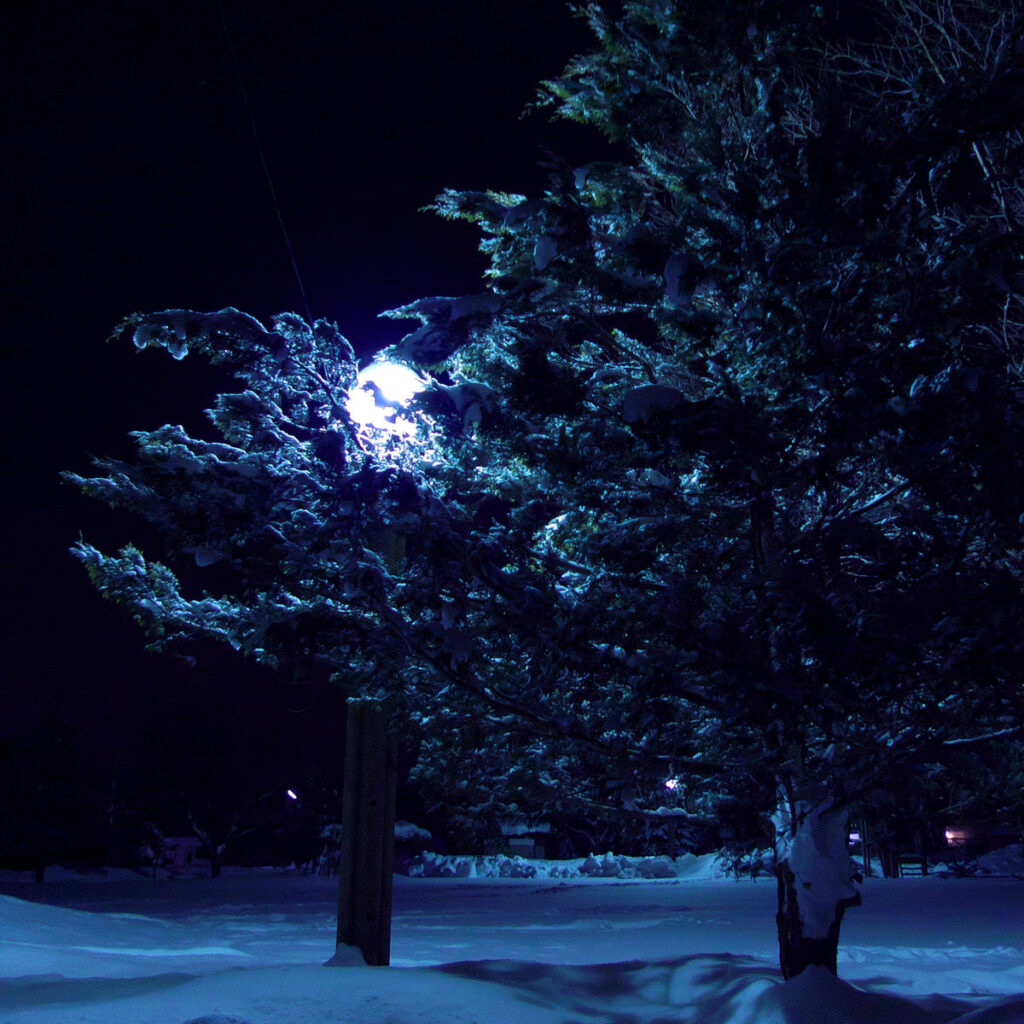The songs on this glorious mini-album by Lala..laz Understatement were composed and arranged between 1995 and 2000 but remained unfinished until a few years ago. Tokyo based, experimental classical composer and multi-instrumentalist Atsuko Hatano was asked to bring them to fully fledged life in 2021- and I’m so glad she did. Completed in 2022, it’s something very special indeed.
These three songs are utterly beguiling- mesmerising, unsettling, crystalline – a confounding blend of experimental textures and serene string quartet precision. The playing at all times is outstanding – offering atmospheric, near jazz abstractions, counterbalanced by an overridingly ethereal minimalist beauty. 今日もまた、悲しみみたく降っている。 / snowing again today, like sadness begins things with shimmering, fractured piano atmospheres and spectral strings before delivering the central melody – stately viola repeated almost unrelentingly – playing with subtle shifts in the underlying sonic details as it does so; it is mournful, funereal even, and utterly beautiful- played with exacting magnificence by Hatano. Reflecting the composer’s early experiences growing up in Hokkaido, northern Japan, where the cold of winter often brings an abundance of snow, you can hear the white infinity of that magical but foreboding landscape in the song’s fabric. You can feel the snow falling. I’m reminded somehow in its swirling patterns of the chiasmic repetition at the close of Joyce’s The Dead:
His soul swooned slowly as he heard the snow falling faintly through the universe and faintly falling, like the descent of their last end, upon all the living and the dead.
It’s possessed of a quietly distilled power.
日課 / daily work sounds like a day awakening- sleepy and secretive, a dewy-eyed morning somehow captured. It’s less fractured than its predecessor – offering to these ears a more direct and open-hearted beauty. It was written at the very beginning of the composer’s musical career and has a youthful confidence to its reserved simplicity: less is definitely more here. There are still surprising additional elements at work though- strings decorated further by curiously filigree percussive details- with xylophone notes dancing like a haze of raindrops upon its surface. The quiet roar of subtle waves of underlying distortion add to the enveloping atmospheres – giving further light and shade when they pour in and out like the tide.
鉄の花 / iron flower features steelpan player Tonchi who offers decorous, subtly crafted rhythmic notes that paint the overriding melody – strangely evoking British trad folk standard Scarborough Fair – and seemingly tied to a sense of fading memory. It’s a song that seems to shimmer – as if light is dancing in perpetual motion across its surface. It’s a beautiful conclusion to an utterly captivating collection of understated, experimental classical music. I’m so glad it reached my ears – I hope it reaches many more.
Written by M.A Welsh (Misophone)
Music | Misophone (bandcamp.com)



